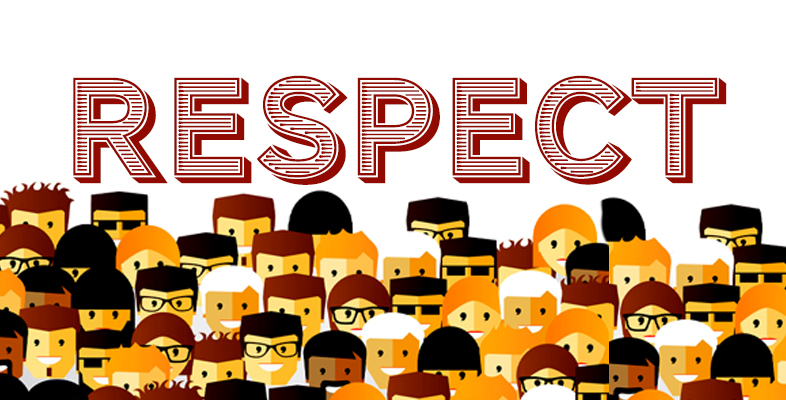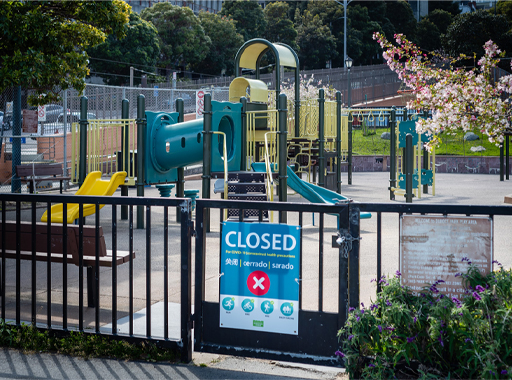4.2 External changes
On the other hand, major external changes could disrupt your ability to continue. Imagine:
- funding is withdrawn
- a partner organisation has leadership or financial issues
- a national policy changes
- a fellow researcher is arrested
- geopolitical events make a situation risky.
You may have no choice but to make dramatic changes to your plans, including cancelling, postponing or reframing your research work, in order to prioritise safety and to show integrity to your research.
Read the following fictionalised case study about a researcher’s plans and complete Activity 7.
Case study 5.4 A study affected by COVID-19
Imagine you are an early years’ leader with five staff running a well-regarded nursery. You have read studies about outdoor play from around the world and found it stimulating and challenging. You have planned a small-scale observational research study about children’s outdoor play in your setting. You have received permission from governors to conduct the study, which they see as offering benefits to the children and future plans. You have received consent forms from the parents of the children you would like to observe.
You thought you had planned for every eventuality, but when COVID-19 affects your region, this risks everyone’s health. The government announce that your nursery and all other settings for children in your region should close. Along with your five staff, your work changes to remote home liaison with families by email, phone and video call. A few families drop out of contact. Some staff can no longer work full-time because of caring responsibilities at home, some staff are off work unwell and everyone reports stress at adjusting to the COVID-19 lockdown situation.
Activity 7 COVID-19: Rearrange? Reframe? Postpone? Forum activity
Think about the following three questions:
1. How can you adjust your research study in response to this challenge?
From week to week you do not know when the nursery will reopen. You are aware that you only have a few months to study play at this particular developmental stage. When you are given the all clear to reopen the nursery, your first concern is for safety. You follow the national and local guidelines and make changes to the environment. Children will attend at parental discretion and be grouped in mixed age groups of six children, with staggered play times and adults supervising. Much of the outdoor play equipment is removed and the environment looks very different.
2. What are your options for rearranging, reframing or postponing the study?
For example, you might decide to interview parents or workers or give children cameras to capture play.
3. How will you check any changes to your research design are ethical and maintain the validity of the study?
Taking the scenario in Case study 5.4, list your ideas for rearranging, reframing or postponing this research study. Include ideas about how each change impacts on others, and the ethical considerations.
Share a short post on the course forum [Tip: hold Ctrl and click a link to open it in a new tab. (Hide tip)] with your key thoughts about what you would do as a researcher in this situation and how you would explain your decisions.
Only this post will count towards your digital badge. However, to help the discussion along, respond to another post on the course forum in a respectful way.

